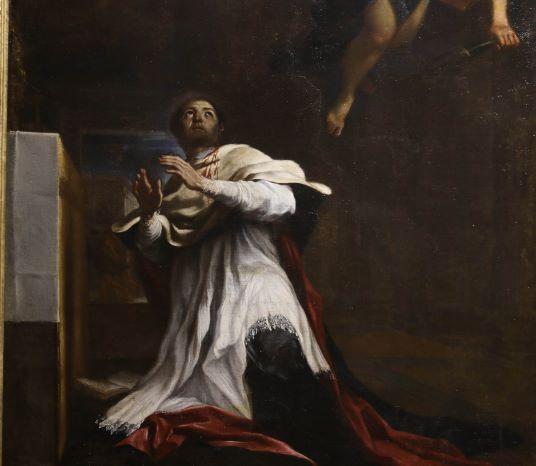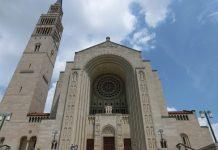The mastermind of his murder committed suicide in prison. The perpetrators were sentenced to death.

Newsroom (September 20, 2020 12:10 pm Gaudium Press) — Today we celebrate Saint Peter Arbués, an inquisitor martyred in the Cathedral of Zaragoza, in 1485.
He was born in Épila, Spain, in 1441. He was very smart; so they sent him to study at the University of Bologna, a great university of the time. Soon he was a professor there, and after some time, he got a doctorate in both canon and civil law.
He became a priest and then appointed a canon in the Cathedral of Zaragoza.
In 1484 he became General Inquisitor of Aragon. But the authorities of the region initially denied him admission. Next, Aragon’s Provincial Council petitioned the King, stating that there were no heretics there; admonitions and persuasions were preferable to the Inquisition. Finally, the king intervened, in a military-style. The Inquisitors were admitted.
As a result of the Inquisition, the spirits of the heretics heated up.
Initially, they wanted to bribe the Saint but the attempt failed. So they devised a plot for his assassination. Miraculously, St. Peter survived several attempts.
Some suggested that he should flee to safety, but he replied, “What for? If I die murdered, I die defending the Catholic faith. What greater honor can I expect?”
Finally, his enemies plotted a sinister plan: they would kill the saint when he went at night to pray in the Cathedral, something he regularly did and for a long time. They would hide in the dark and as soon as the Inquisitor arrived, they would kill him. And so it happened, on September 14, 1485. The saint did not die on the spot, but some days later, as a result of the stabbings.
His last words were “I die for Jesus Christ. Praised be his Holy Name”.
Once the news about the saint’s death spread, the people wanted to have a ‘St. Bartholomew’s Night’ with heretics and Jews, but were dissuaded by the Archbishop.
The intellectual author of the crime committed suicide in prison. The perpetrators were sentenced to death.
There were many people present at his funeral, and several miracles occurred during the visits to his tomb.
With information from EWTN









































